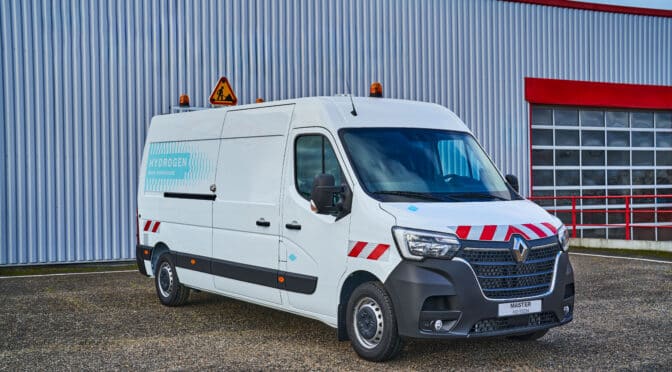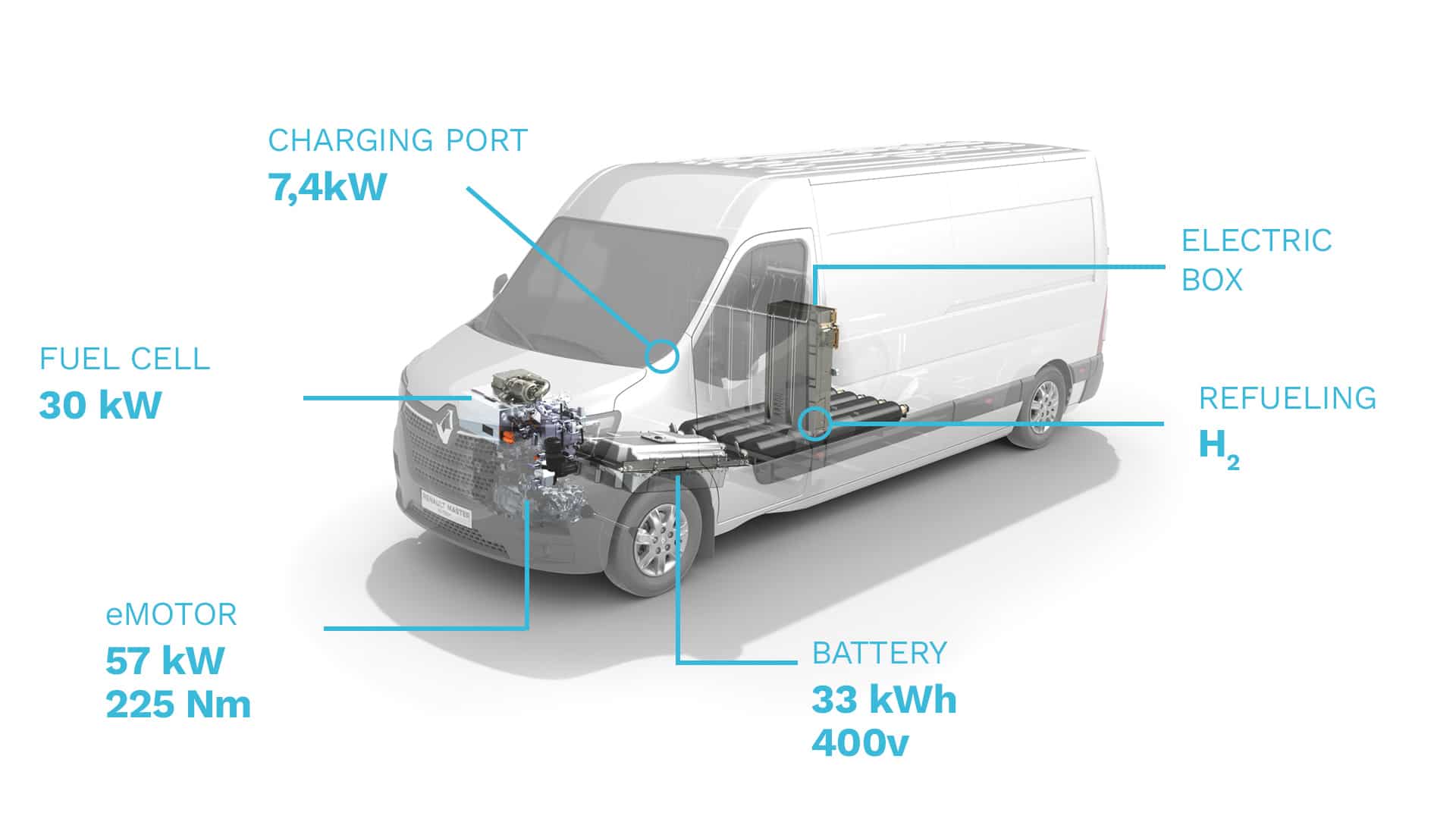In a bold move to position the UK as a global leader in artificial intelligence, Prime Minister Keir Starmer and Technology Secretary Peter Kyle have unveiled a new AI plan.

The strategy aims to harness the nation’s strengths in talent, research, and innovation, while addressing key challenges that could limit the UK’s potential. But is this a game-changer for the UK’s tech future? The Social Market Foundation (SMF) seems to think so.
Ambition Meets Reality
Sam Robinson, AI Policy Lead and Senior Researcher at the SMF, welcomes the government’s ambitious vision. He notes, “The UK can be one of the top three world leaders on artificial intelligence…we now need the right infrastructure and regulation.”

While the UK may not match the AI powerhouses of the US and China in sheer scale, the government’s strategy aims to carve out a niche by embracing pro-innovation policies and shying away from the over-regulated approach of the EU. This signals a clear shift from the previous government’s cautious focus on safety, recognising the need for agility and adaptability in a rapidly evolving field.
Challenges Ahead: Energy, Infrastructure, and Regulation
Robinson points out critical hurdles that could stifle progress if not addressed decisively:
- High Energy Costs: The “absurdly high cost of industrial electricity” is a significant barrier, particularly as data centres—the backbone of AI infrastructure—are power-hungry operations.
- Delays in Planning and Grid Connections: The sluggish pace of grid upgrades and planning approvals is throttling the development of data centres, potentially putting the UK at a disadvantage compared to more agile competitors.
- Copyright Consultation: The government’s ongoing consultation on AI and copyright laws is another make-or-break issue. If the outcome imposes excessive costs or creates uncertainty, it could deter investment and hinder the ability of UK-based companies to train advanced AI models.
The Public Sector: A Unique Opportunity
Where the UK may have a competitive edge is in demonstrating how AI can transform public services. From healthcare to local government, the UK could lead the way in applying AI to improve efficiency and outcomes. As Robinson suggests, “The UK is uniquely well placed to demonstrate how AI can improve the productivity and quality of public services.”
Technology Secretary Peter Kyle has already been making waves, building a reputation as someone who understands the transformative potential of AI. His leadership could play a pivotal role in ensuring the UK capitalises on this opportunity.
AI: The Next Industrial Revolution?
The parallels between AI and the industrial revolution are impossible to ignore. As Robinson highlights, “Countries that modernise will be much better placed than those that get left behind.” While the government’s strategy is still light on specific policy details, the direction is clear: embrace innovation, seize opportunities, and address risks pragmatically.
Of course, challenges remain. How the government balances innovation with ethical considerations, energy demands, and fair regulation will ultimately determine whether this vision becomes reality.
A Bright Future for AI in the UK?
The UK’s AI strategy sets an ambitious tone, but action will be needed to match the rhetoric. Addressing energy costs, streamlining infrastructure planning, and fostering an attractive environment for investment and talent will be key to achieving the lofty goal of becoming a top-three AI leader.
As the government moves forward, the public sector may well become the proving ground for AI’s potential to revolutionise lives. The world will be watching to see if the UK can strike the right balance between ambition and practicality.
What are your thoughts on the government’s AI strategy? Is the UK ready to lead in this fast-paced and transformative field? Let us know in the comments below!
Does this align with the tone and perspective you’d like to convey? Let me know if you’d like to refine any part of it further!





